Imagine a world where pests have invaded your home or business, causing havoc and destruction. Not only are these critters a nuisance, but they can also have significant economic implications. From the destruction of property to potential health hazards, pest infestations can have a far-reaching impact on both individuals and businesses alike. In this article, we will explore the economic implications of pest infestations, shedding light on the financial consequences that these unwelcome guests can bring. So buckle up and prepare to discover the hidden costs of an unwelcome pest invasion.
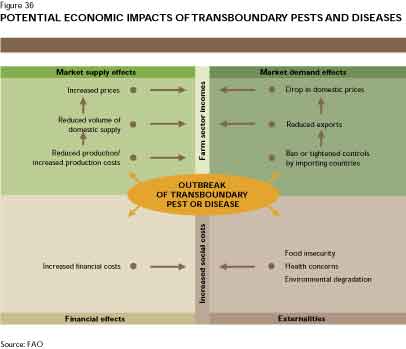
Overview of Pest Infestations
Pest infestations have significant economic implications, impacting various sectors including agriculture, property values, tourism, health and safety, businesses, government expenditure, and the environment. This comprehensive article explores the various ways in which pests can wreak havoc on these sectors, highlighting the importance of effective pest control measures.
Impact on Agriculture
Decreased Crop Yield
Pest infestations pose a significant threat to crop yield, leading to diminished harvests and financial losses for farmers. Pests such as insects, rodents, and birds can damage crops directly by feeding on them, resulting in reduced yields. This not only affects the availability of food for consumers but also has a ripple effect on the agricultural industry, leading to potential food shortages and increased prices.
Damage to Crops and Livestock
In addition to reducing crop yield, pests can cause extensive damage to both crops and livestock. Insects, for example, can destroy entire fields of crops, leading to severe financial losses for farmers. Similarly, pests like rats and mice can contaminate stored feed and cause harm to livestock, resulting in reduced productivity and increased expenses for farmers.
Increased Expenses for Farmers
Pest infestations also lead to increased expenses for farmers who are forced to invest in pest control measures. From purchasing pesticides and traps to implementing integrated pest management strategies, farmers must allocate a significant portion of their budget to combat pests. These expenses further strain their financial resources, making pest control a pressing concern for the agricultural industry.
Effect on Property Values
Diminished Property Appeal
Properties infested with pests tend to lose their appeal, affecting their overall value in the real estate market. Whether it’s a residential property, commercial building, or agricultural land, the presence of pests can create a negative perception among potential buyers and tenants. Infestations can result in visible damage, unpleasant odors, and a general sense of discomfort, significantly diminishing the attractiveness of the property.
Decreased Property Prices
The diminished appeal caused by pest infestations inevitably leads to decreased property prices. Buyers and tenants are likely to negotiate lower prices or completely avoid properties known to have pest issues. Consequently, property owners face financial losses as they struggle to find interested parties willing to pay fair market value for their infested properties. Effective pest control is crucial for maintaining property values and ensuring a healthy real estate market.
Costs for Homeowners
Structural Damage to Homes
Pest infestations can cause significant structural damage to homes, leading to extensive repair and renovation costs. Termites, for example, are notorious for consuming wooden structures, compromising the integrity of the building. Other pests, such as rats and mice, gnaw on electrical wires, posing a fire hazard. These damages not only endanger the safety of homeowners but also result in substantial financial burdens.
Need for Repairs and Renovations
When pests invade homes, the need for repairs and renovations becomes inevitable. From replacing chewed wires and damaged insulation to repairing walls and roofs, homeowners must invest in restoring their properties to a livable condition. These expenses can quickly add up, placing a considerable strain on homeowners’ budgets and potentially affecting their overall financial well-being.
Additional Expenditure on Pest Control
Dealing with pest infestations often requires professional pest control services, which come at an additional cost to homeowners. Hiring experts to assess, treat, and prevent future infestations is an essential step in managing pests effectively. However, these services incur charges that homeowners must bear, further increasing their financial burden. Investing in regular pest control measures is critical to ensuring a pest-free and economically secure living environment.
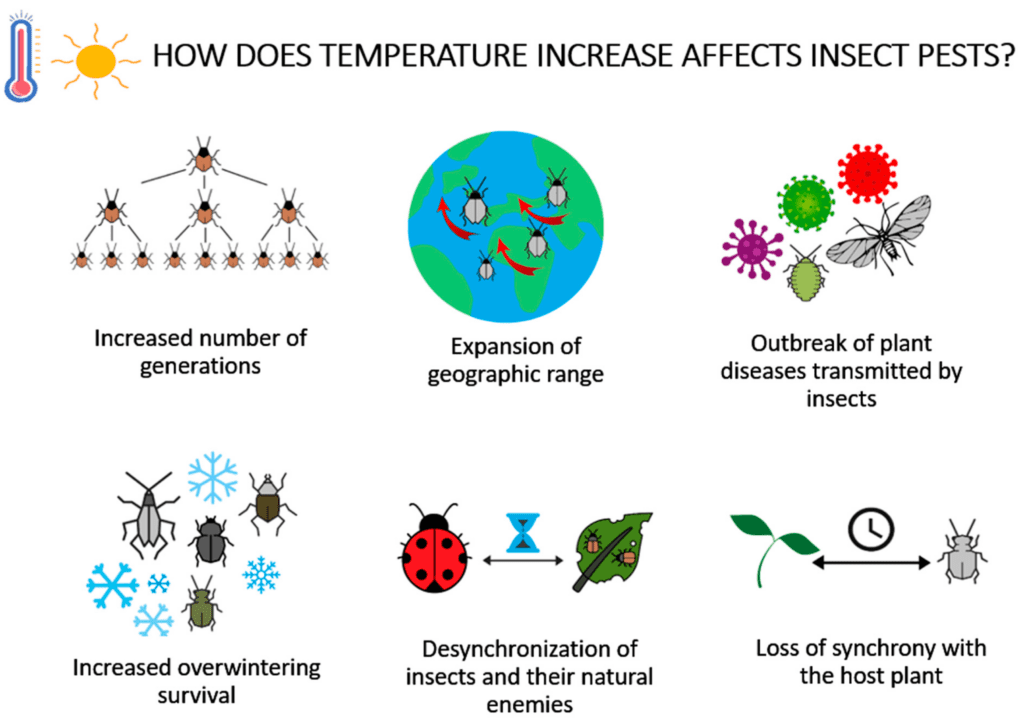
Impact on Tourism
Negative Perception of Pest-Infested Areas
Pest infestations in tourist destinations can lead to a negative perception among visitors, impacting the tourism industry. Pests like bed bugs in hotels or Cockroaches in restaurants can create a sense of uncleanliness and discomfort, deterring tourists from visiting or staying in these areas. Negative reviews and word-of-mouth recommendations can significantly damage a tourist destination’s reputation, resulting in a decline in visitor numbers.
Loss of Revenue for Tourist Destinations
The negative perception and reduced visitor numbers caused by pest infestations directly impact the revenue generated by tourist destinations. With fewer tourists, businesses catering to the tourism industry, such as hotels, restaurants, and local attractions, experience a decline in customers. This revenue loss not only affects the businesses themselves but also has a ripple effect on the local economy, potentially leading to job losses and a decline in the overall prosperity of the region.
Health and Safety Issues
Spread of Diseases
Pests can transmit various diseases to humans, posing significant health risks. Mosquitoes, for example, are carriers of diseases such as dengue fever, malaria, and Zika virus. Rodents can spread illnesses like leptospirosis and hantavirus. Cockroaches and flies are known to carry pathogens that cause food poisoning and other gastrointestinal infections. The spread of these diseases through pest infestations burdens healthcare systems, leading to increased healthcare costs and potential health crises.
Allergies and Respiratory Problems
Pests can trigger allergies and respiratory problems in individuals who are sensitive to allergens. Common allergens, such as cockroach droppings, dust mites, and pet dander, can worsen asthma symptoms and cause allergic reactions. The presence of these allergens in infested areas can severely impact the quality of life for affected individuals, leading to increased healthcare expenses and decreased productivity.
Risk of Contamination
Pest infestations pose a risk of contamination to food and water sources. Pests like rodents and insects can contaminate stored food products with their urine, feces, and hair, potentially leading to foodborne illnesses. Additionally, pests can contaminate water sources, making them unsafe for human consumption. The cost of treating contaminated food and water sources, along with the negative impact on public health, further highlights the economic implications of failing to address pest infestations.
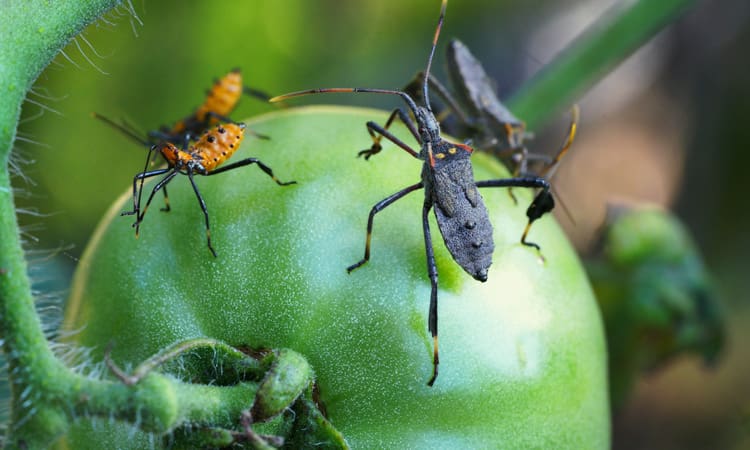
Impact on Businesses
Loss of Customers
Pest infestations can result in the loss of customers for businesses across various sectors. Whether it’s a retail store, restaurant, or office space, the presence of pests can drive customers away. Consumers are unlikely to patronize a business that does not prioritize cleanliness and pest control, leading to a decline in sales and revenue. This loss of customers can be especially detrimental to small businesses that may not have the financial resources to recover quickly.
Financial Losses
The loss of customers directly translates to financial losses for businesses affected by pest infestations. Reduced sales and revenue streams put a strain on the profitability and sustainability of businesses, making it challenging to cover operational costs and invest in future growth. Additionally, businesses must allocate funds to address the pest problem, including hiring professional pest control services and implementing preventive measures, further exacerbating the financial burden.
Reputation Damage
Pest infestations can severely damage a business’s reputation, making it difficult to regain the trust and confidence of customers. Negative reviews, word-of-mouth recommendations, and social media posts can quickly spread, tarnishing a business’s image and discouraging potential customers from engaging with the brand. Businesses must invest in timely and effective pest control measures to maintain a positive reputation and mitigate potential economic losses.
Increased Demand for Pest Control Services
Rise in Pest Control Service Charges
The increased demand for pest control services due to infestations across various sectors has led to a rise in service charges. Pest control companies must invest in highly skilled professionals, equipment, and effective treatments to combat pests effectively. As demand increases, these companies face rising operational costs, leading to higher service charges. This puts additional financial strain on individuals and businesses seeking pest control solutions.
Growth of Pest Control Industry
The consistent and increasing demand for pest control services has led to the growth of the pest control industry. This growth presents opportunities for entrepreneurs and job seekers in the field of pest management. From developing innovative pest control methods to providing specialized services tailored to specific industries, the industry’s expansion contributes to job creation and economic development.
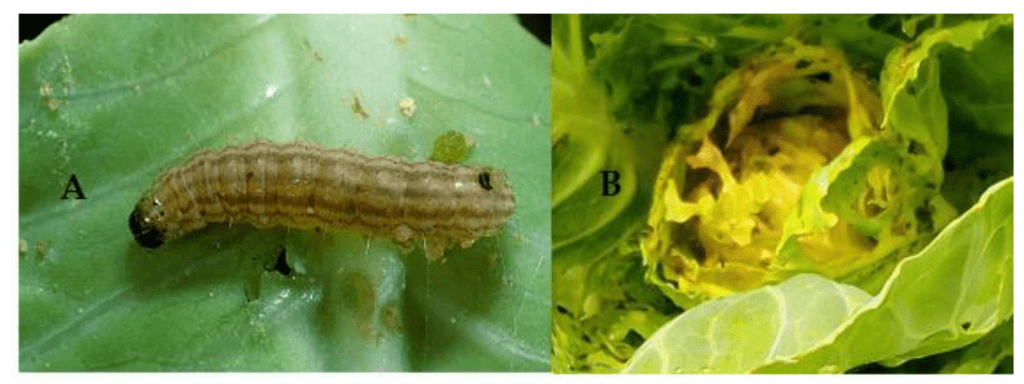
Government Expenditure
Allocation of Budget for Pest Control Programs
Governments allocate significant budgets for pest control programs aimed at protecting public health, ensuring food security, and maintaining the integrity of infrastructure. These budgets cover various activities, including research and development of pest control methods, implementing preventive measures, and conducting inspections to monitor and manage pest populations. The allocation of funds for these programs highlights the economic importance governments place on addressing pest infestations.
Implementing Regulations and Inspections
Governments play a crucial role in implementing regulations and conducting inspections to prevent the spread of pests and enforce pest control standards. These regulations ensure businesses and individuals adhere to pest management practices, maintaining public health and safety. Conducting regular inspections and enforcing compliance with pest control regulations require resources and expenditures from governments but are essential for minimizing the economic impact of pest infestations.
Environmental Concerns
Endangerment of Native Species
Pests can have a detrimental impact on native species, leading to their endangerment or extinction. Invasive pests, introduced to new ecosystems through human activities, often lack natural predators, allowing their populations to explode. These pests can outcompete and prey on native species, disrupting ecological balances and biodiversity. The loss of native species has far-reaching consequences for ecosystems, potentially leading to the collapse of food chains and the disruption of delicate environmental processes.
Disruption of Ecosystems
Pest infestations can disrupt ecosystems, leading to ecological imbalances with tangible economic effects. Insects, for example, play vital roles in pollinating plants and controlling pest populations. When pests overwhelm their natural predators, the resulting imbalance can have cascading effects on plant reproduction, agricultural productivity, and the overall functioning of ecosystems. Addressing pest infestations is crucial for preserving ecosystem health and maintaining sustainable economic activities reliant on natural resources.
In conclusion, pest infestations have far-reaching economic implications across various sectors. From agriculture to tourism, health and safety, businesses, government expenditure, and the environment, pests can cause significant financial losses, damage property values, harm human health, and disrupt ecosystems. Recognizing the importance of effective pest control measures is crucial for safeguarding our economies, environments, and overall well-being.
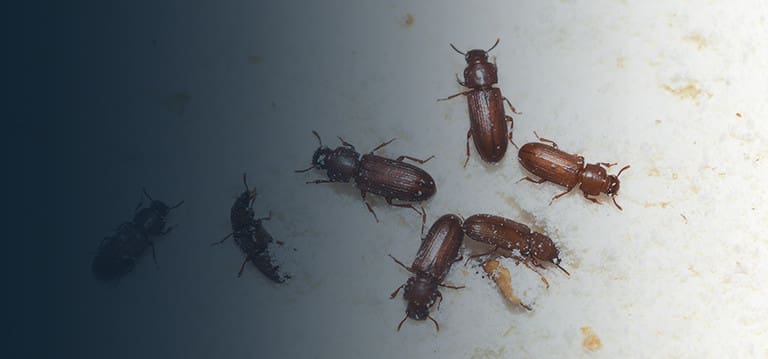

I am Randy, the author behind PestControld.com. Drawing from decades of experience, I aim to provide valuable insights, expert advice, and practical recommendations to help you make informed decisions when assessing viable pest control solutions.